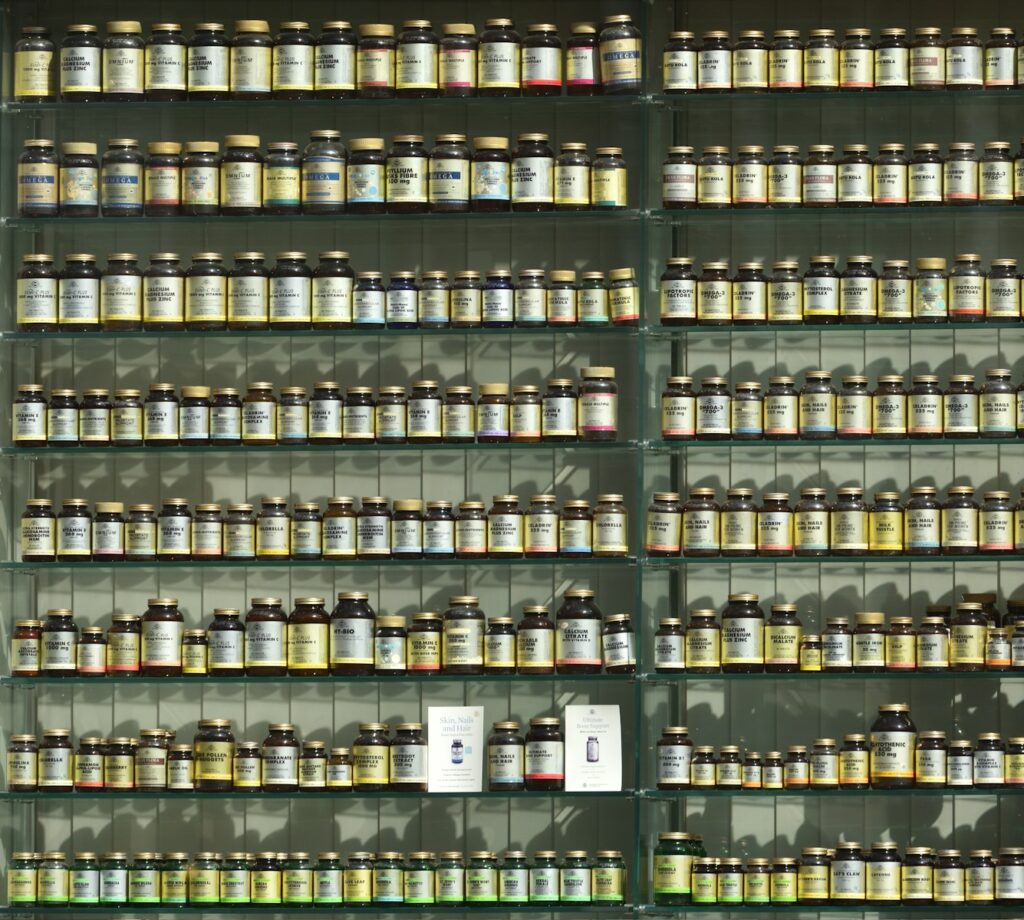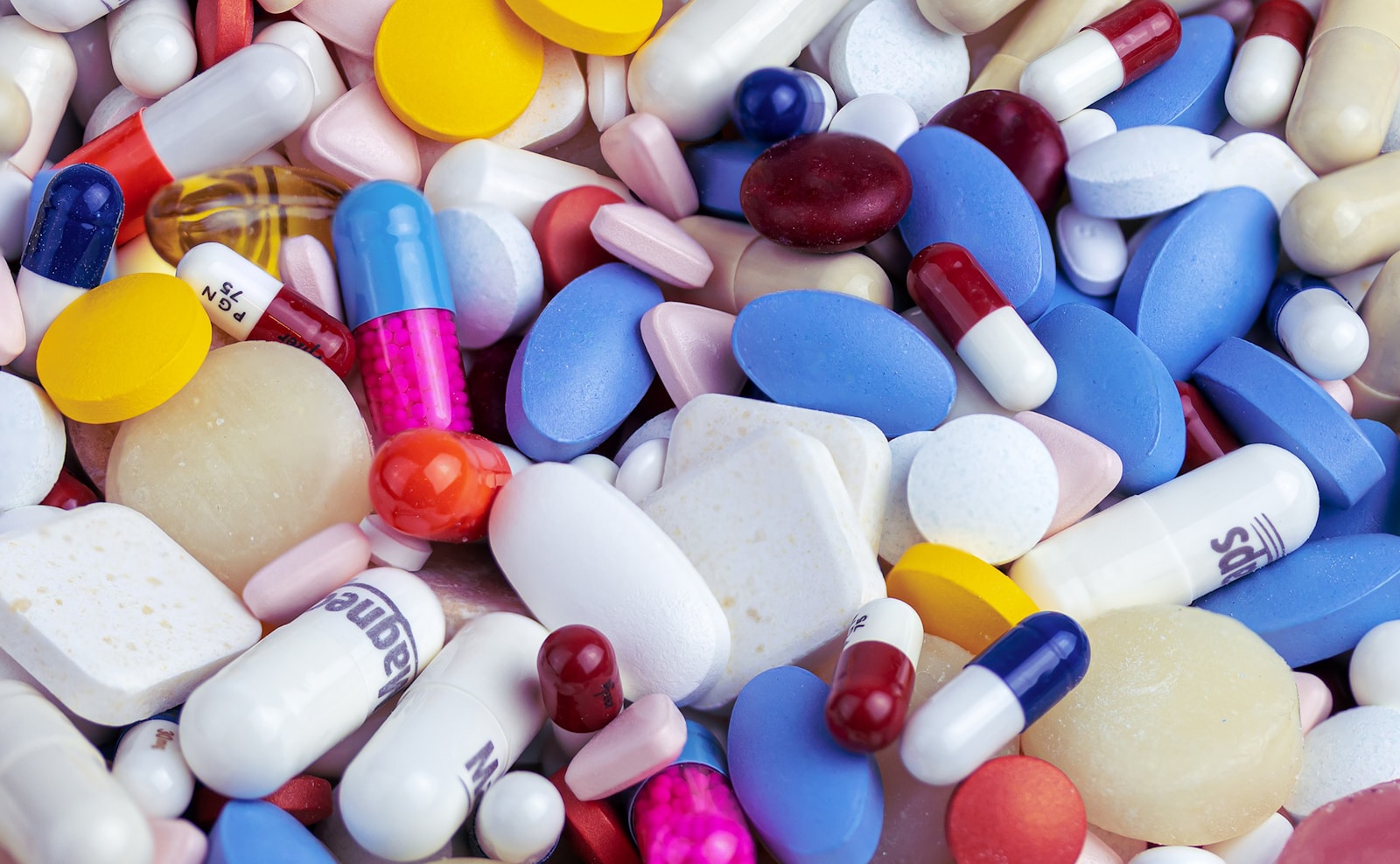In a world where fancy supplements often come with hefty price tags, you don’t need to break the bank to support your health. Many effective options are surprisingly affordable and can deliver real benefits when used wisely. This blog post explores ten budget-friendly supplements that can make a positive impact on your well-being—without costing a fortune. Let’s dive in!
A Quick Note Before We Start
Before we get into the list, a standard disclaimer: this information is not a substitute for medical advice. Always consult a healthcare professional before starting any new supplement. Also, supplements are not a magic fix. They work best when paired with a healthy lifestyle—think sunlight exposure, regular exercise, a diet rich in whole foods, and avoiding vices like excessive alcohol. Whole foods often provide benefits that outshine even the priciest supplements, but the right ones can still be a helpful addition to your routine.
1. Taurine: A Mitochondrial Powerhouse
Taurine often gets a bad rap because of its association with energy drinks, but don’t let that fool you. This inexpensive supplement offers a wide range of benefits, from supporting your mitochondria (which can lose up to 25% of ATP generation without enough taurine) to improving blood sugar levels, fertility, liver, heart, kidney, and gut health. It’s also great for eyesight, recovery, and brain function, making it a fantastic option for those recovering from vegan diets or battling issues like candida overgrowth.
2. Magnesium Glycinate: The All-Rounder
Magnesium is a crucial mineral involved in over 3,700 enzymatic reactions in the body, and the glycinate form is often the safest and most affordable option for most people. It can lower SHBG (sex hormone-binding globulin), increase free testosterone, optimize GABA for better sleep, protect your heart and arteries, improve vitamin D utilization, regulate calcium, and support your nervous system. If you’re looking for a versatile supplement, this is a great place to start.
3. TMG (Trimethylglycine): The Methylation Hero
TMG, a water-soluble glycine analog, is a powerful methyl donor that supports DNA repair, gene expression, and detoxification. It’s naturally found in foods like beets and synthesized in the liver and kidneys from choline. TMG donates methyl groups to homocysteine, helping to lower levels that can contribute to high blood pressure and liver issues. It’s especially useful for those with MTHFR gene variations, people using NAD+ boosters like NMN, or those looking to support gut health by boosting hydrochloric acid production. Just be cautious if you have a compromised gut lining—address that first before supplementing.
4. Thiamine HCL: The Energy Booster
Thiamine, also known as vitamin B1, is essential for turning carbohydrates into energy, supporting muscle contraction, nerve signaling, and the metabolism of pyruvate and GABA. It also helps prevent complications in the nervous system, brain, muscles, heart, stomach, and intestines. While other forms like allithiamine might be more effective, thiamine HCL is a budget-friendly option that still delivers. Many people don’t get enough thiamine due to diets high in alcohol, stimulants, or carbs, making supplementation a smart choice.
5. Glycine: The Stress-Reducing Amino Acid
Glycine is a non-essential amino acid with big benefits for gut health, the nervous system, and stress reduction. It protects the liver, supports energy metabolism, prevents muscle loss, lowers stress hormones, supports adrenal health, and reduces excessive serotonin. Research also shows it can regulate pro-inflammatory cytokines, protect against liver damage, and even improve outcomes in conditions like sepsis, cataracts, and cancer cachexia. It’s a simple, affordable way to support overall health.
6. Creatine Monohydrate: Not Just for Athletes
Creatine monohydrate is often associated with gym-goers, but its benefits go far beyond muscle-building. This “bro” supplement can boost energy levels, support brain health, and even improve androgen health. Recent studies highlight its potential to enhance cognitive function, especially in older adults—a key concern as the global population continues to age. It’s one of the most researched and cost-effective supplements out there.
7. NAC (N-Acetylcysteine): The Antioxidant Precursor
NAC is a precursor to glutathione, a critical antioxidant in the body. It supports the lungs, immune system, liver, brain, and even fertility. With rising concerns about oxidative stress—especially in urban areas where air pollution has been linked to a 15% increase in respiratory issues—NAC is a timely addition to your routine. Just be sure to cycle it, as with any antioxidant supplement, to avoid overdoing it.
8. Myo-Inositol: The Mental Health Ally
Myo-inositol is a structural component of cell membranes that influences neurotransmitters like serotonin and dopamine. It enhances insulin sensitivity, supports glucose uptake, improves lipid metabolism, and promotes ovarian function and egg quality. This makes it a go-to for mental health, metabolic function, and reproductive health—particularly for those with PCOS, where it has shown to improve insulin sensitivity in 70% of patients according to recent studies.
9. Activated Charcoal: The Toxin Binder
We’re all exposed to toxins daily, from heavy metals to environmental pollutants. Activated charcoal can act as a binder to help remove these toxins from your system, but it’s not a daily supplement. Use it occasionally, and avoid taking it too close to meals, medications, or other supplements, as it can deplete minerals. It’s especially useful for those dealing with heavy metal exposure, which has risen 8% in urban areas since 2020 due to industrial runoff.
10. Bonus: Powerful Herbs as Supplements
Herbs can also be a cost-effective way to support your health, often rivaling the benefits of traditional supplements. Options like ginger, chamomile, nettle, and rosemary offer benefits ranging from reducing inflammation and supporting gut health to improving brain function and even aiding hair growth. These natural remedies are part of a growing trend, with the global herbal supplement market projected to reach $9 billion by 2027 as more people turn to plant-based solutions.
Final Thoughts
These ten affordable supplements can be a game-changer for your health without draining your wallet. However, they’re not a replacement for a solid foundation of whole foods, sunlight, exercise, and healthy habits. As public health campaigns in 2025 increasingly emphasize a “food first” approach to nutrient deficiencies, supplements should be seen as a helpful addition, not a cure-all. Stay tuned for more tips on budget-friendly ways to optimize your well-being!


Leave a Reply